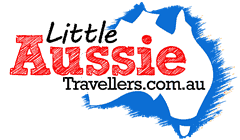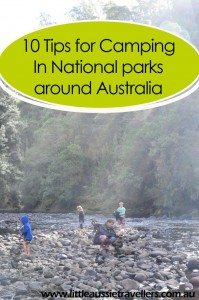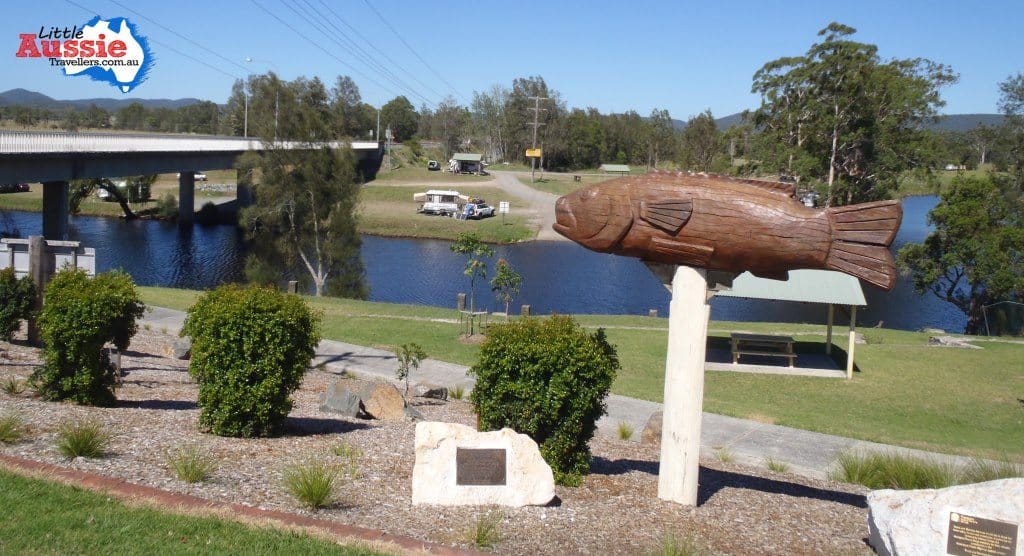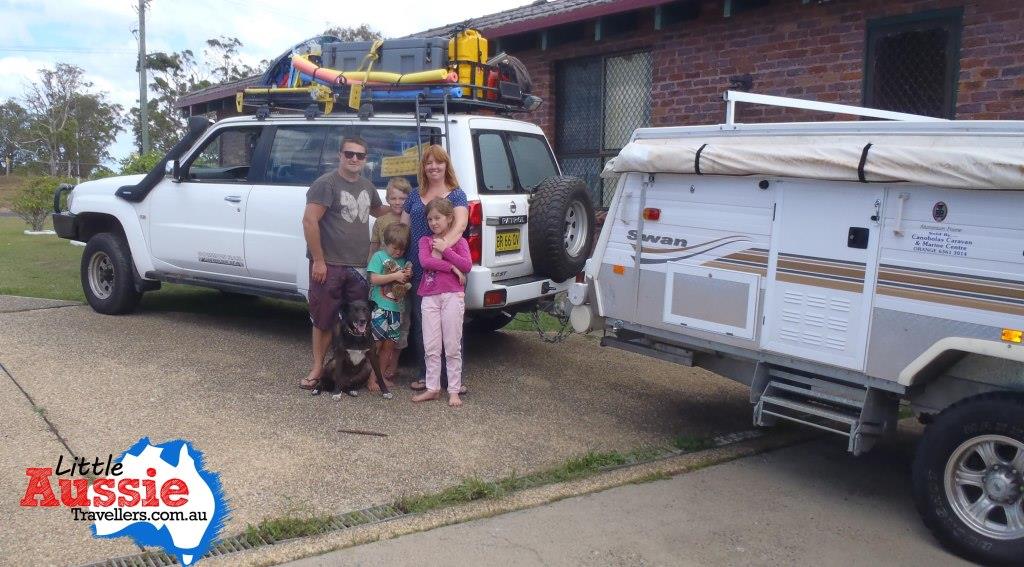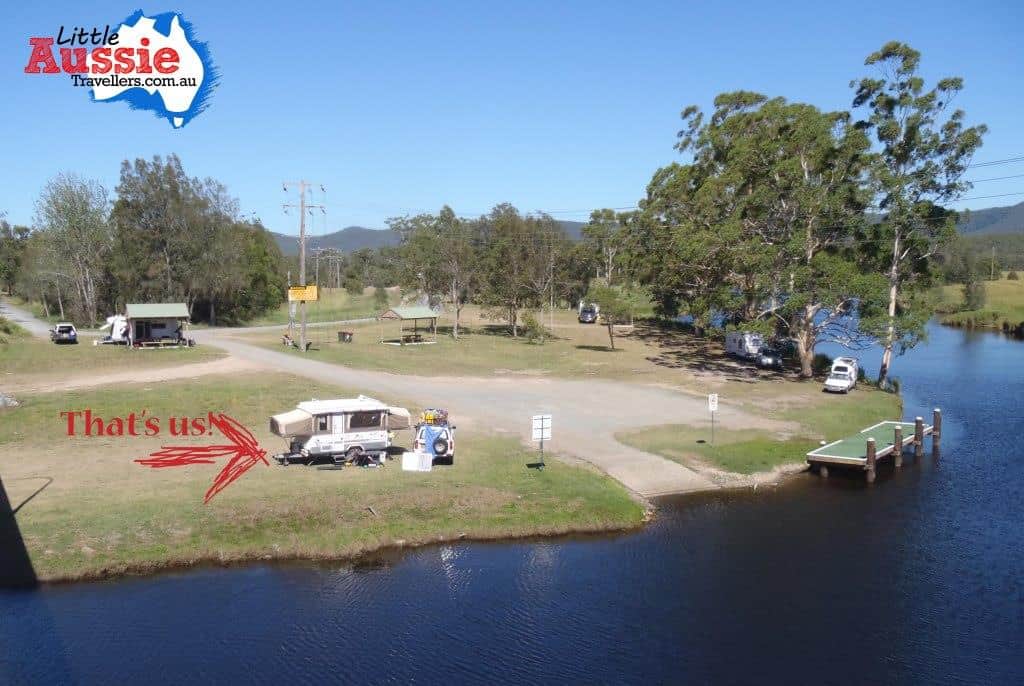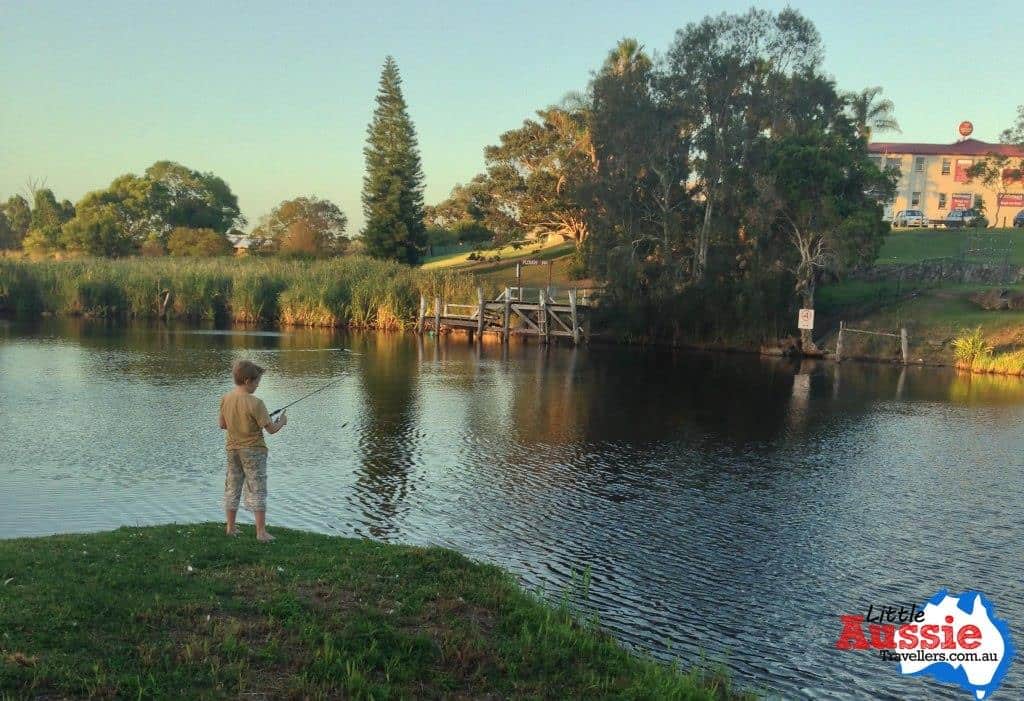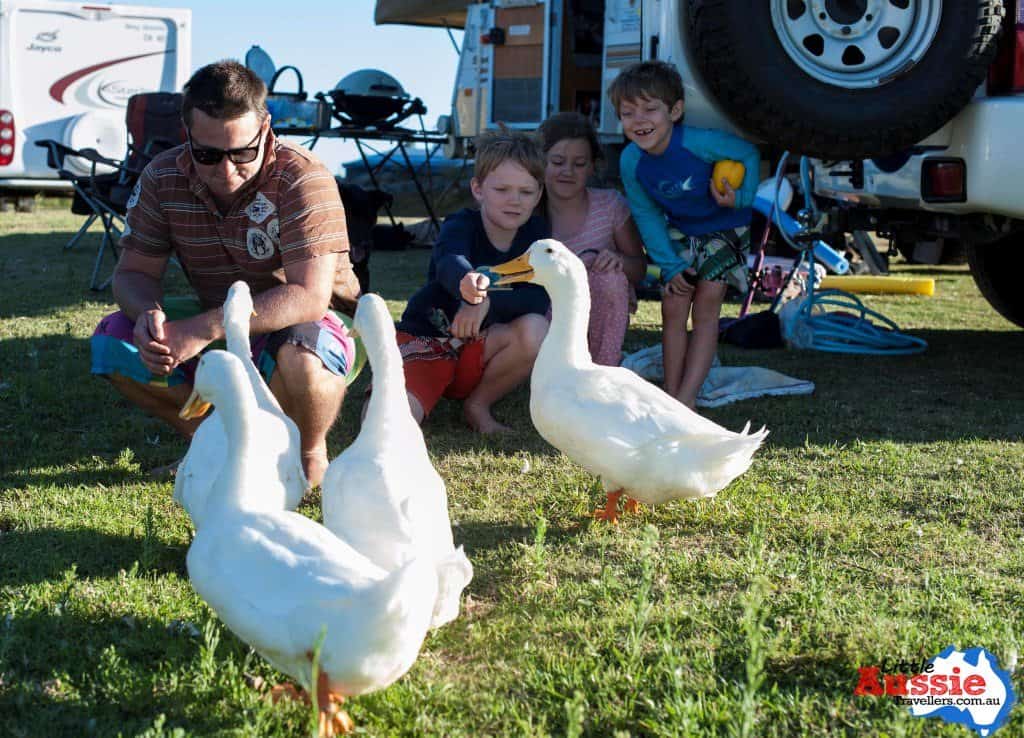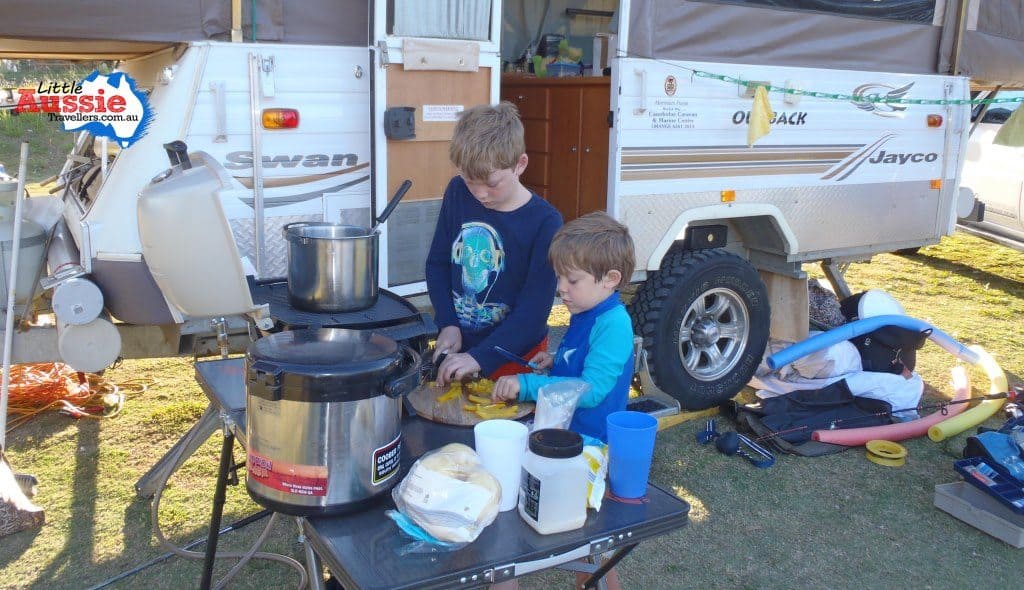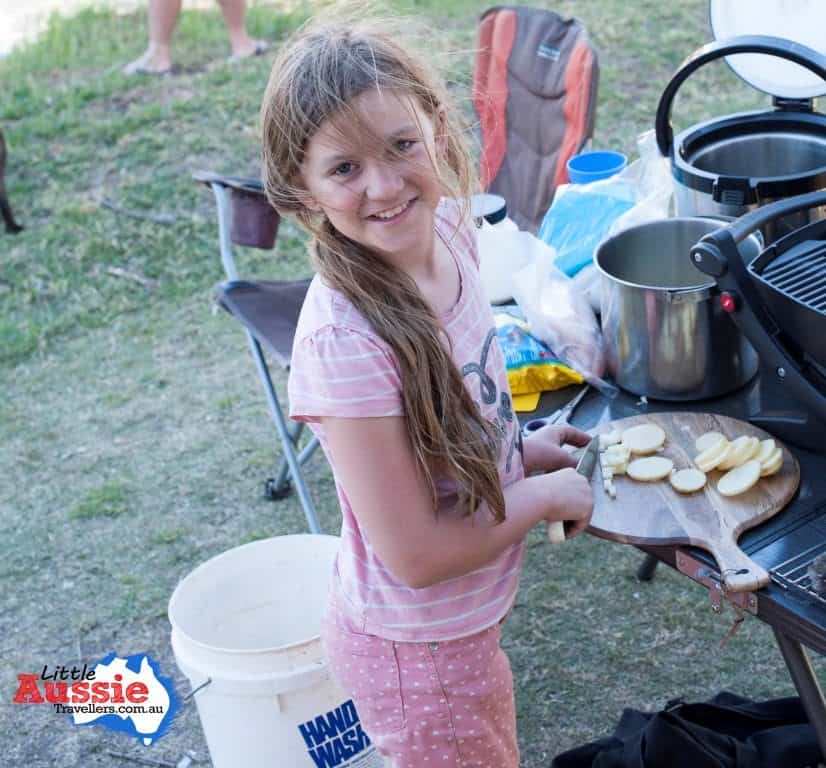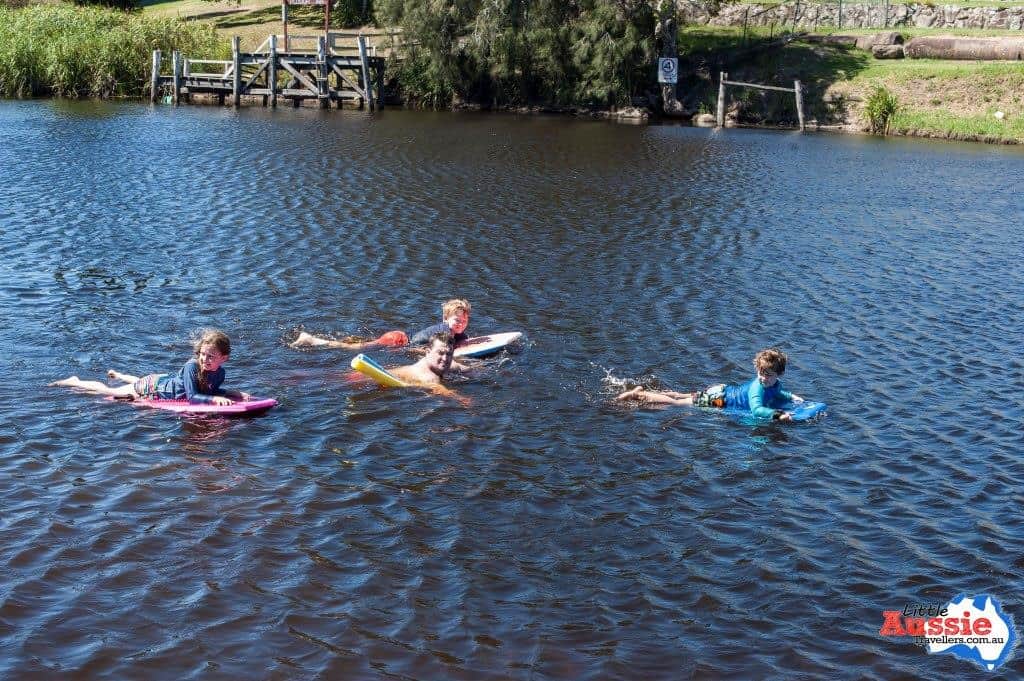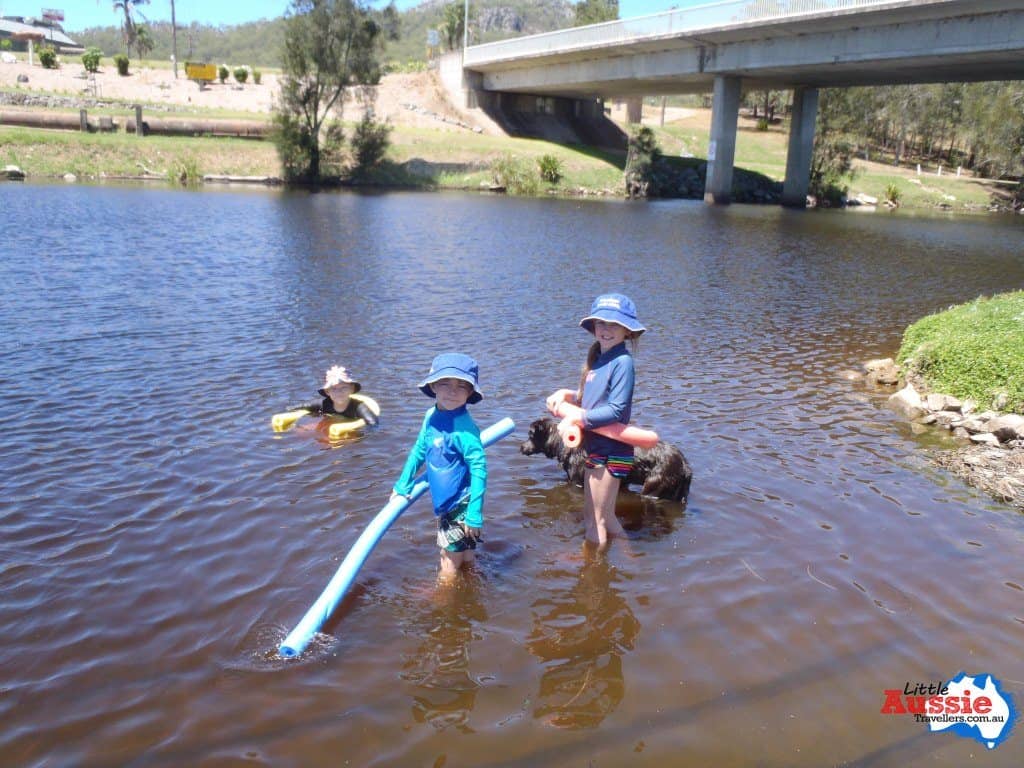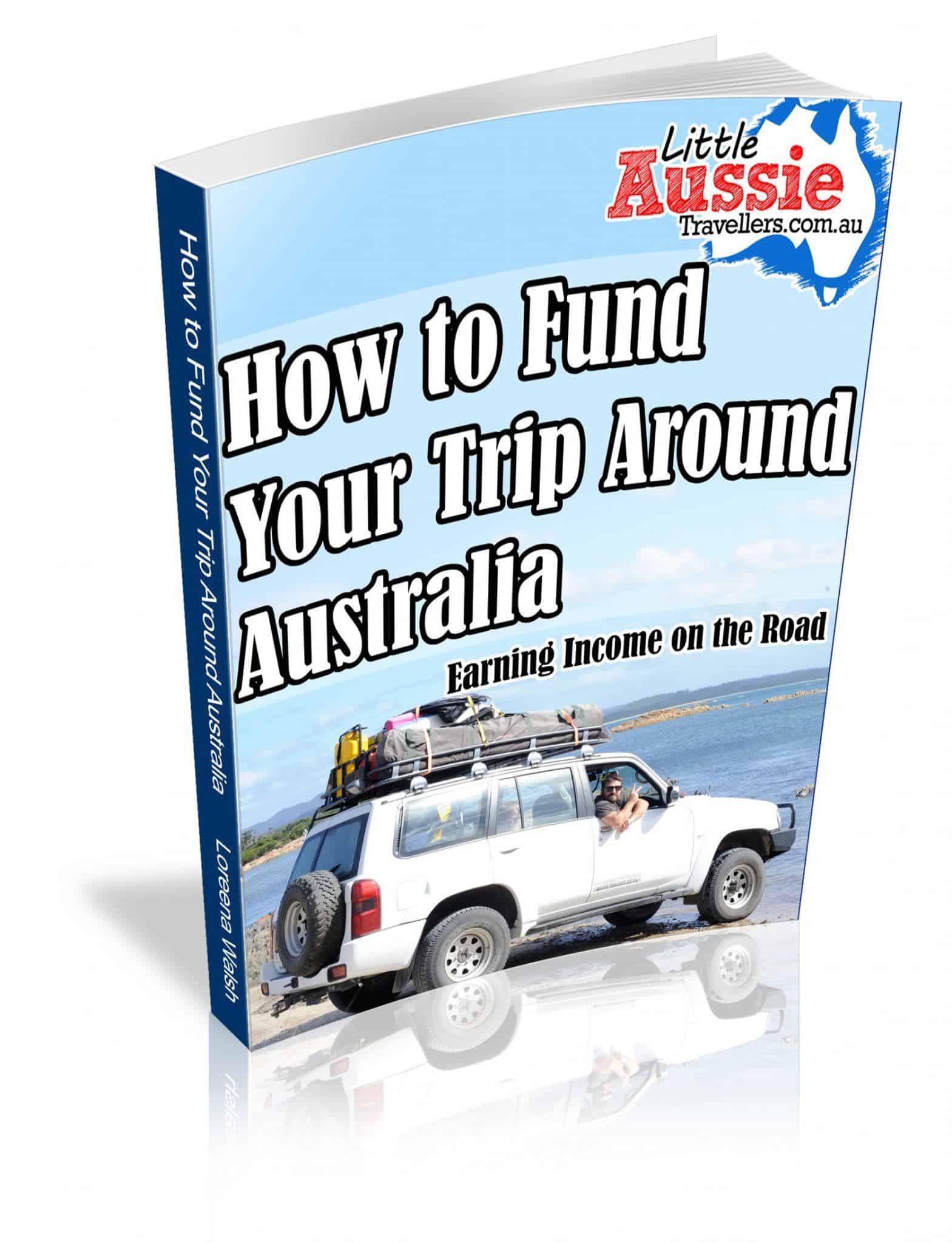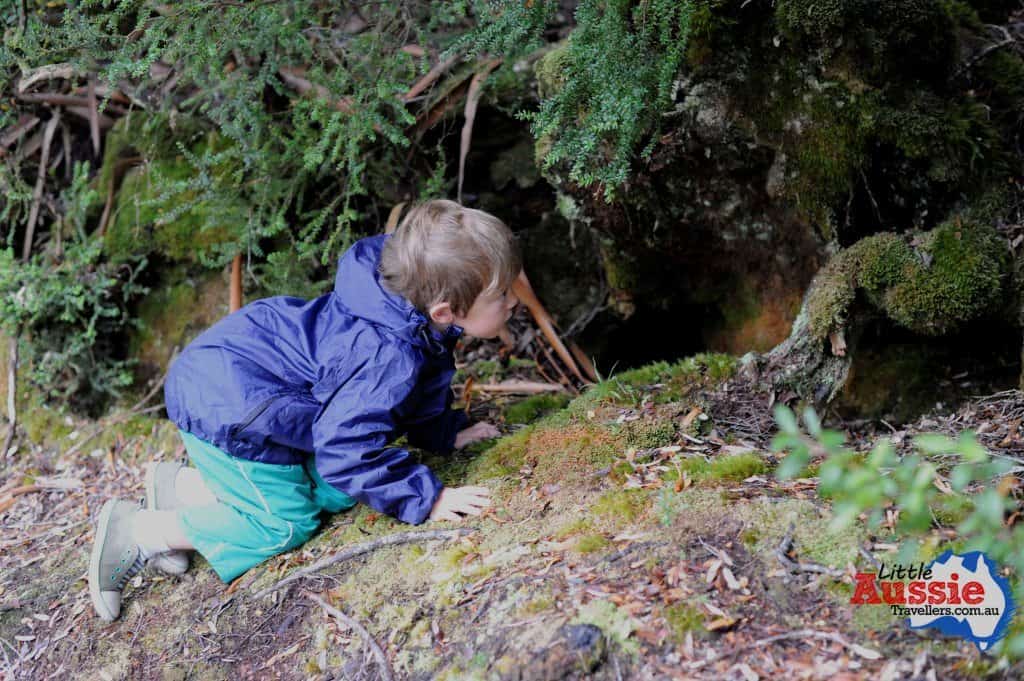
10 Tips for Camping in National Parks Around Australia
We’re really blessed with so much variety available for Australian holidays with options available for beach side fun to dry deserts, but one of my favourite things to do when travelling is to visit our National Parks.
Obviously because we are travelling Australia with our dog, our time camping in National Parks is limited, but before we were travelling full time it was one of our favourite ways to get out into nature, and during our time on the road we’ll kennel Yoshi when we need to because there’s some National Parks in Australia that are just too amazing to miss.
If you want to head out camping in National Parks, here’s our top tips:
1. Please DO NOT take pets and animals into National Parks.
It’s crazy the number of times we’ve done day trips or camping trips into National Parks, only to see people there with dogs or other pets. While as people travelling with a very well behaved dog we’d love it if we could take him with us, the rules are very simple: NO PETS ALLOWED.
This is for a good reason; The purpose of National Parks is to protect the fauna and flora inside them, and dogs not only scare the wildlife, but they can carry disease and attract other dogs into the area. Escaped pet dogs are also the cause of Australia’s large number of wild dog populations which decimate wildlife and cattle across the country.
2. Some Camping in National Parks is Free, Some is not.
It’s important to check out if the National Park you want to camp in is free, or is paid and requires bookings. While many of the more remote campgrounds are free and made available on a first come first served basis, for some of the more popular National Park campgrounds pre-booking may be necessary, especially in peak periods.
3. Some National Parks Require Passes for Entry.
In more regulated tourist areas it’s likely you’ll need an entry pass into the National Park. Some National Parks are available for people to come and go as they please, while others will have options for day visitors to purchase an entry pass. When payment is required, there will usually be a payment box that allows you to take an envelope and pay your days entry and acquire a pass to show on your vehicle.
4. Each State of Australia has Different National Parks Requirements.
It’s not possible to purchase a single pass that covers you for all National Parks. When you’re planning to head to a State, our advice is to check out the website for that state’s National Parks and research the requirements and the passes available. When we were in Tasmania it was cheaper for us to purchase a 60 day pass as we’d be visiting a couple of National parks over our time there than it was to purchase separately for the days we’d be entering, this is often the case.
5. Leave Camp Areas Clean or Cleaner than You Find Them.
National Parks are an important part of conservation of Australia’s plants and animals and when you visit them, you may find there aren’t any rubbish facilities. It could be that they are remote, or just financially it isn’t possible to provide rubbish services. PLEASE take your rubbish with you. If you find a campsite in a mess, notify a ranger if you bump into one, or call the National Parks office for the state you’re in to let them know; alternatively clean up what you can and take it with you.
6. Don’t Mess With The Natural Environment.
If it wasn’t introduced by visitors, then don’t take it out of the National Park. It is illegal to remove flora and fauna from a National Park, and while it might not seem like a big deal for one person to do it, if every visitor took something they found it would have horrible consequences. The same goes for firewood. Please don’t fell trees or use fallen timbers for fire wood; it’s important for the eco system that wood isn’t removed from the habitat.
7. Don’t Feed The Wildlife
It’s also important not to feed the animals, although this doesn’t just apply in National Parks, it applies to anywhere in nature that you’re camping around native wildlife. Not only does feeding the animals pose a risk to their health and can make them sick, it can also familiarise them to humans and make them more confident in approaching camps. For animals who can pose a threat to humans, if they become too placid they can become food aggressive and may need to be euthanized to keep the area safe. Not feeding the animals prevents innocent animals having to be put to sleep.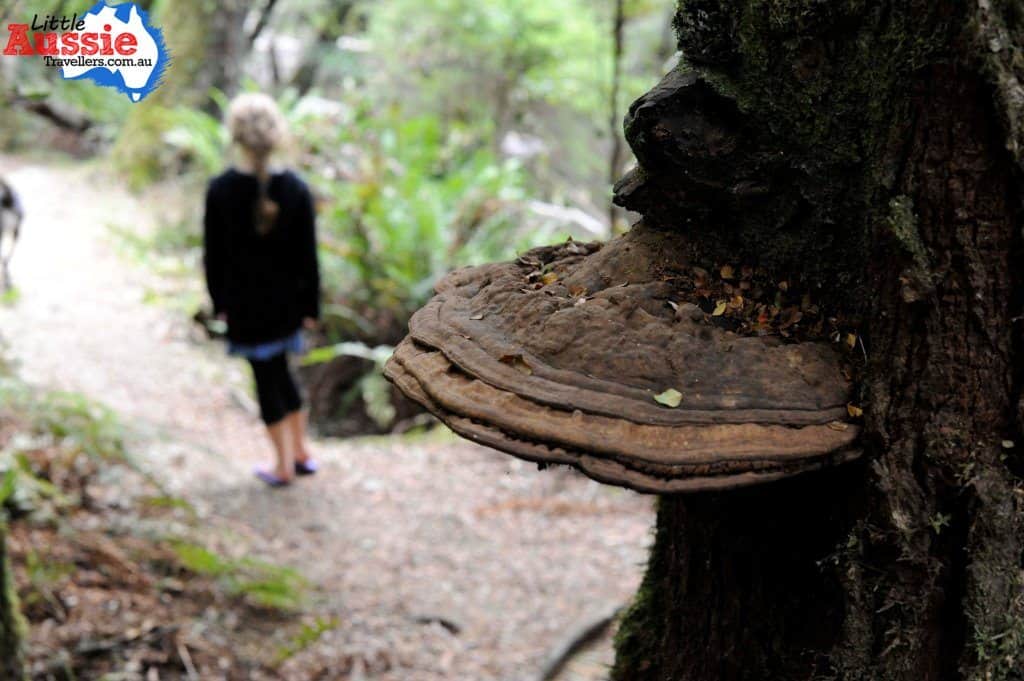
8. Stay Tidy or You’ll Regret It.
Trust us on this one: Keep your rubbish and food packed neatly away. While you’re snoozing of a night, lots of animals will come out to play, and it’s your food and goodies they’ll be excited to rummage through. If you don’t keep your rubbish out of reach of the animals, you can rest assured you’ll wake in the morning to find it strewn across your campsite. If you don’t pack your food in animal proof containers, then don’t expect it to be waiting for you to eat the next day. Animals aren’t silly and they’ll take any opportunity you give them to grab your goodies.
9. Take Everything You Need With You.
Most National Parks won’t have facilities for you to purchase food, and in many cases won’t even have water access points. Please be sure you have enough supplies on hand, especially drinking water as it can sometimes be quite a distance to get to a town for supplies. You’re going to have to be totally self sufficient for the most part, this could also mean there aren’t toilets available so you’ll need to take your own or get comfortable with safely digging your own bush toilet. Bush showering is also likely for long stays although more popular National Parks have some kind of toileting and showers available although often cold. Here’s some of our camping tips if you’re not familiar with camping remotely.
10. Enjoy and Be Safe.
Just get out there and explore, enjoy and follow the paths. Don’t go wandering into areas without designated paths unless you’re highly familiar with the area and know what you’re doing. Do, sign on for walking registers. For more popular National Parks there are registration sheets to help rangers track walkers to ensure that everyone returns safely. Do go prepared with plenty of water, snacks and a first aid kit including a snake bite bandage. Take photos, video, make memories and have fun, we’re blessed to have such amazing outside places to explore.
